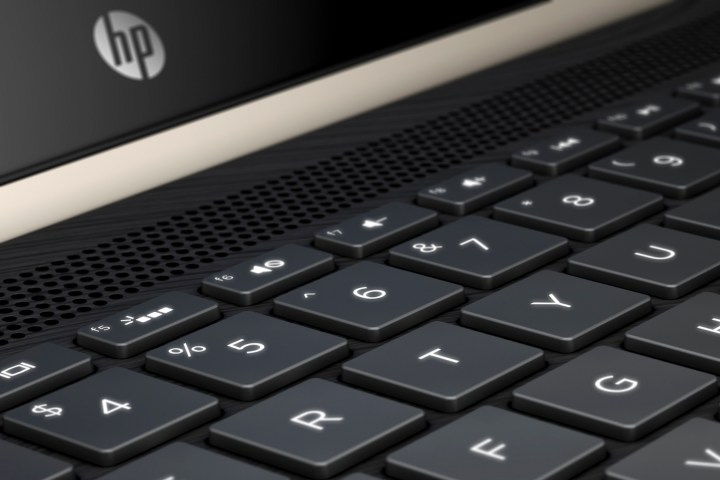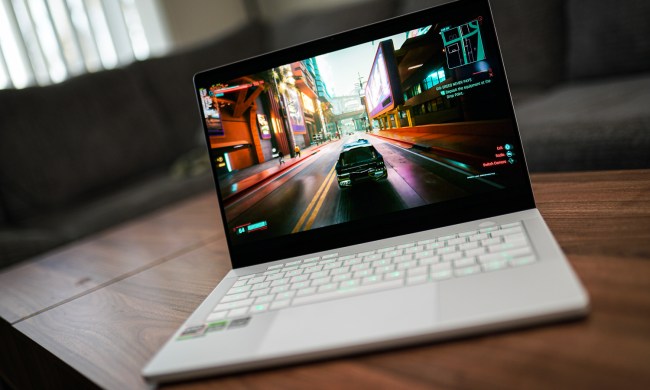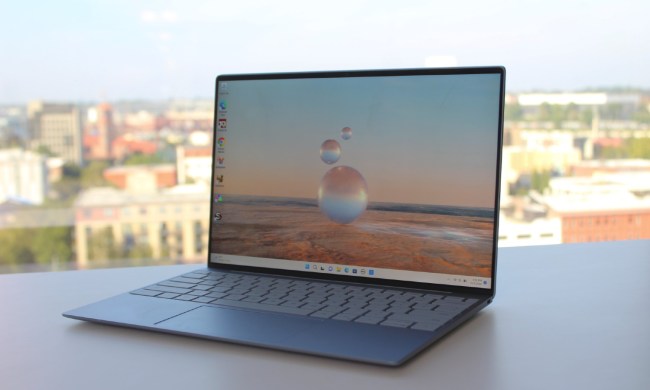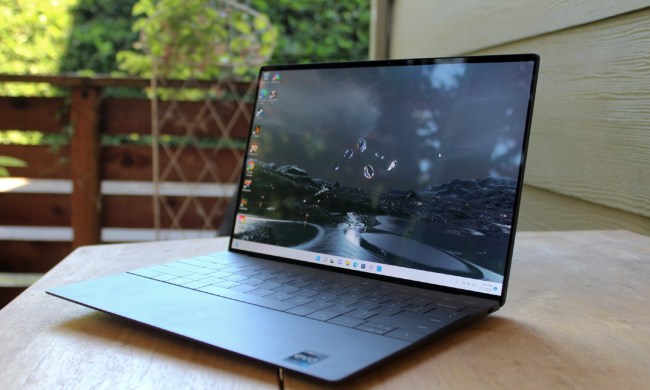
But HP Touchpoint Analytics Client isn’t the only issue. There are complaints that HP Touchpoint Manager is suddenly appearing on HP’s laptops with the suspicious HP Touchpoint Analytics Client in tow without end-user consent. HP told Digital Trends that the two are completely unrelated and that HP Touchpoint Analytics is actually part of HP Support Assistant. In fact, HP Touchpoint Analytics isn’t anything new but became part of HP Support Assistant in 2014.
According to its listing in Task Manager, HP Touchpoint Analytics “harvests telemetry information that is used by HP Touchpoint’s analytical services.” It appears to collect diagnostic-based, anonymous data each day and sends that data back to HP. But according to HP, that data isn’t delivered to the company unless the end-user provides permission.
Here is the HP statement it provided on Tuesday:
“It anonymously collects diagnostic information about hardware performance. No data is shared with HP unless access is expressly granted. Customers can opt out or uninstall the service at any time,” the company told Digital Trends. “HP Touchpoint Analytics was recently updated and there were no changes to privacy settings as part of this update. We take customer privacy very seriously and act in accordance with a strict policy, available here.”
In one of many emails, an HP representative said that the company recently updated HP Support Assistant along with the HP Touchpoint Analytics telemetry service. That is likely the source of the performance complaints: the latest update just isn’t working correctly on many HP laptops. The good news is that HP is hearing those complaints.
“With regard to issues around consuming resources/performance — HP Touchpoint Analytics has undergone rigorous performance testing, a variety of factors can impact hardware performance and we take all customer feedback very seriously,” the company told us.
As for HP Touchpoint Manager suddenly appearing on laptops, the company said that is not possible: the software must be manually installed. It’s a license-based service sold to businesses and corporations, and used by IT administrators to locate, lock, and erase a device if needed, troubleshoot devices by remote, and get device-based statistics. HP Touchpoint Manager was a stand-alone service until HP recently rolled it into its new Devices-as-a-Service (DaaS) platform, and discontinued the stand-alone version.
That said, this service suddenly appearing on consumer-facing laptops doesn’t make sense, and HP believes those reports are inaccurate. What could be the issue is that the underlying problem is the updated HP Touchpoint Analytics service in HP Support Assistant, and that customers and reports are confusing it with the unrelated HP Touchpoint Manager service for IT managers. The HP representative believes a mistaken identity may be at the core of the confusion due to a “slightly updated name.”
Still, there are complaints that continue to raise questions.
“I found HP Touchpoint Manager unexpectedly deployed on my PC earlier this week — obviously without my consent,” reports one laptop owner. “No sign of the installation via HP Support Assistant, it only appeared in Program & Features all of a sudden.”
“Got it installed automatically,” says another. “No idea where it came from and it installed itself in three different HP laptops.”


